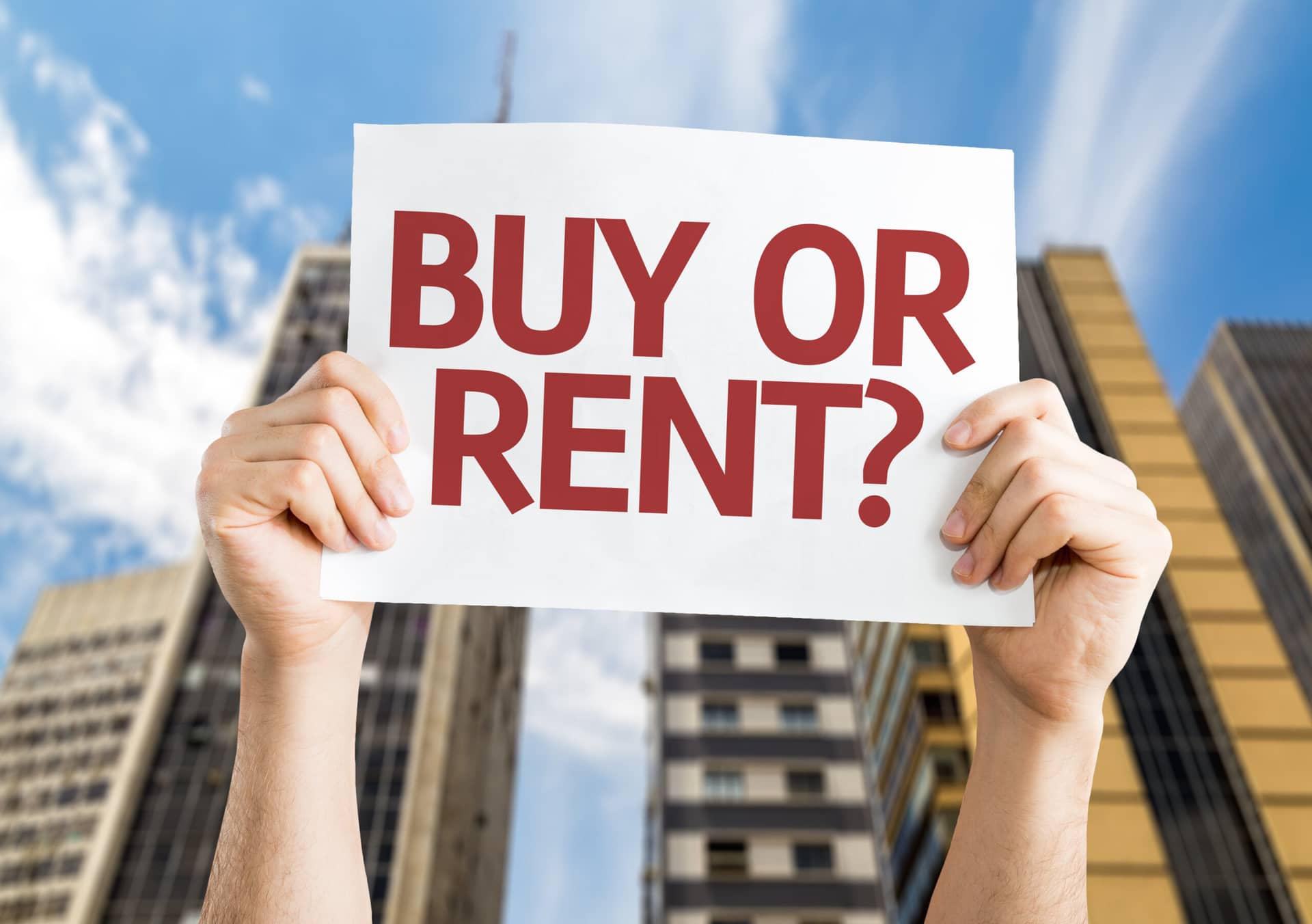
Recently, researchers decided to look at your living conditions from a new angle. They wanted to know whether renting rather than owning a property affects your rate of aging.
The results were alarming…
If your living conditions are damp, cold, moldy, with poor ventilation, overcrowding, noise pollution, physical hazards or even structural defects, your health can suffer.
Of course, even a home that has none of these issues can be hazardous thanks to chemicals and toxins given off by heating and cooking appliances, consumer products and furnishings.
To understand more about the link between housing circumstances and health, researchers from the UK and Australia joined forces for a unique study.Renting versus owning and the way you age They used data from the UK Household Longitudinal Study, a survey of 40,000 households, and the British Household Panel Survey (BHPS), which has been running since 1991. Together they contain substantial amounts of information about individuals and households, including comprehensive details about their housing circumstances.
The survey also contains blood samples taken as part of the BHPS between 2010 and 2012 to measure various aspects of health including six measures of biological age - the cumulative damage to the body’s tissues and cells.
For the new study, researchers analyzed data from 1,420 survey participants. Then they adjusted the results to account for influential factors such as age, gender, nationality, education level, socioeconomic status, diet, cumulative stress, financial hardship, effect of urban environments, body weight, and smoking.
Their findings, published in the Journal of Epidemiology and Community Health in October, showed that renting from a private landlord, the experience of repeated late payments (whether owning or renting), or living in a home affected by pollution, were all linked with faster aging. But surprisingly, of the three, the most notable and robust association was among private renters.Renting shaves more years off life than being
an ex-smoker or unemployed Lead author Dr. Amy Clair explained, saying, “The impact [on biological aging] of renting in the private sector, as opposed to outright ownership, with no mortgage, was almost double that of being out of work rather than being employed. It was also 50 percent greater than having been a former smoker as opposed to never having smoked.
“Our results suggest that challenging housing circumstances [can] negatively affect health through faster biological aging equivalent to approximately 2½ weeks of additional aging per year.
“For comparison, being unemployed was associated with an additional 1.4 weeks per year and being a former smoker, 1.1 weeks.”
Since strong links have been established between stress and biological aging in previous research, Dr. Clair believes private renters’ additional aging is down to psychological and financial stresses that come from knowing they can be kicked out of their homes at short notice, as well as the high cost of private renting.
Since biological age is reversible, she thinks changes in public policy would make a difference.
As her co-author, Emma Baker, put it: “Policies to reduce the stress and uncertainty associated with private renting, such as ending ‘no-grounds’ evictions, limiting rent increases, and improving conditions may go some way to reducing the negative impacts of private renting.”Can make you feel worthless Although there are many good and considerate private landlords, the terrible experience of some renters, such as Liz Jones from the UK, who has rented four properties over eight years, makes the results of this study easy to appreciate for those who have never been renters.
She spoke of a spiraling crescendo of worry that brought on panic attacks caused by “the trauma of being a private renter.”
“The level of dismissiveness, the downright rudeness aimed at the private renter, makes your self-esteem plummet so deeply that you soon believe you are worthless.
“A chief factor at the root of stress and general bad mental health is the feeling you have no control over your life, that you are a leaf in the wind.”Government subsidized housing does not impact aging That being said, housing provided by local government and non-profit organizations, which is more affordable and has greater security of tenure, didn’t cause people to age any faster than those who have paid off their mortgage, even though people who live in this type of accommodation often feel stigmatized.
Home ownership in the U.S. today has fallen to levels last seen five decades ago. And home ownership hasn’t been this unaffordable since 1984. The average mortgage today represents a 91 percent increase in housing costs over the past two years alone.
According to a recent survey, a quarter of Americans say the lack of housing affordability and having to rent makes them feel financially insecure. This suggests many more people may have their life expectancy reduced in the years ahead due to their housing situation.
Best Regards,
The Aging Defeated Team
https://www.bmj.com/company/newsroom/renting-rather-than-owning-a-private-sector-home-linked-
to-faster-biological-ageing/ https://jech.bmj.com/content/early/2023/08/17/jech-2023-220523 https://www.adelaide.edu.au/newsroom/news/list/2023/10/12/private-renting-is-making-you-age-faster https://www.telegraph.co.uk/news/2023/10/11/private-renters-age-faster-former-smokers-unemployed/ https://www.dailymail.co.uk/news/article-12668115/LIZ-JONES-eight-years-renting-drove-drink-panic-
attacks-antidepressants.html
